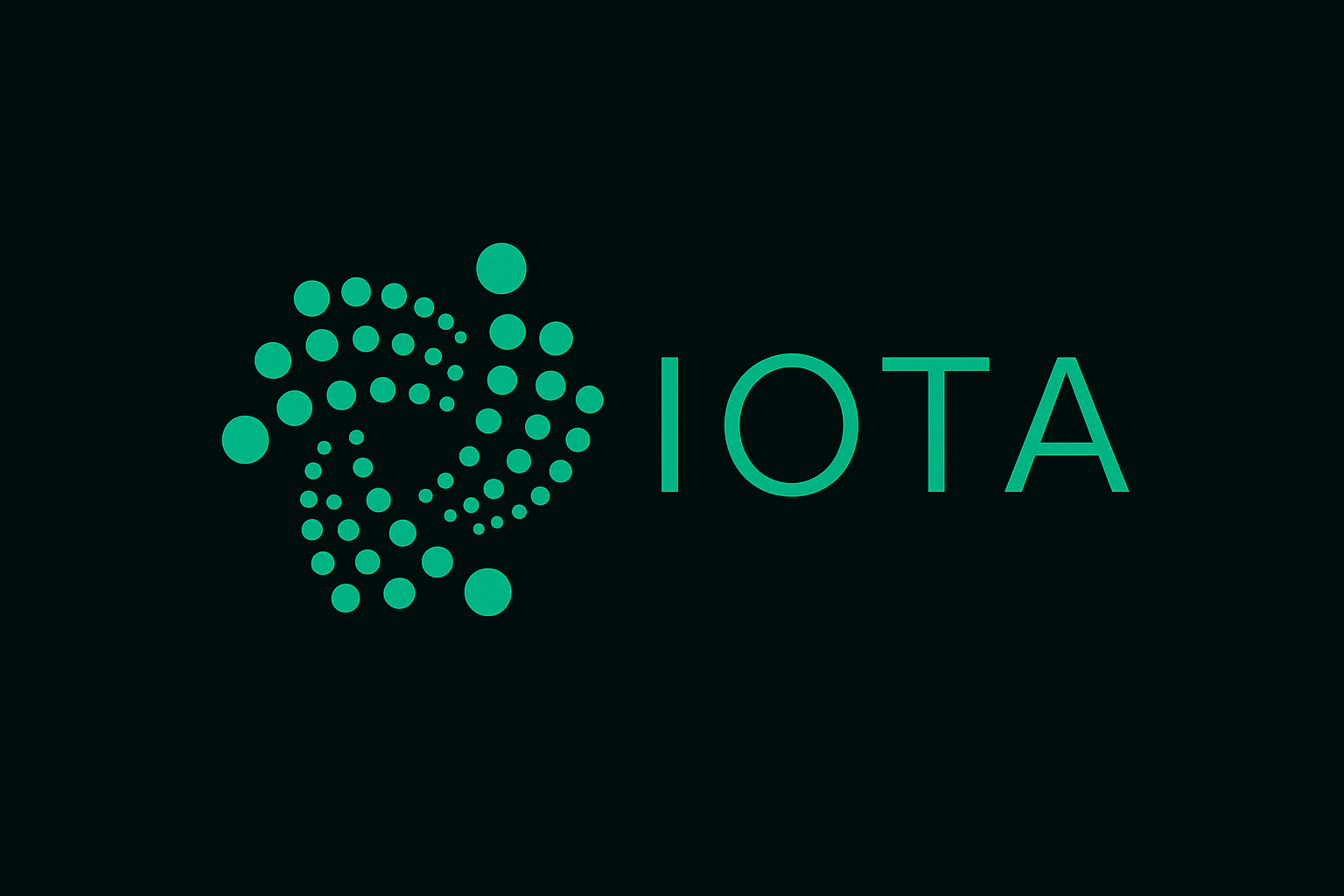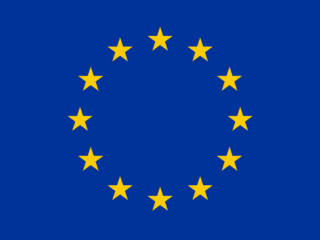
- IOTA and the Tony Blair Institute advance the digitization of commercial and ID systems in Africa, starting with AFCFTA-compliant border and customs residues.
- The Twin system is intended to optimize the cross-border data exchange and achieve the monitoring of trade in real time and the compatibility of digital IDs.
The IOTA Foundation has signed a declaration of intent with the Tony Blair Institute for Global Change (TBI) and thus initiated far-reaching cooperation that aims to manage the way governments manage trade, digital identity and public data infrastructure.
The announcement follows the recent foundation of the Twin Foundation in Lusaka, Zambia. It signals the commitment to the development of open, standard -based systems that serve both national priorities and more comprehensive international trading goals.
Excited to announce our MoU with @instituteGC to build trusted, inclusive digital trade infrastructure – starting in Africa, with global ambitions.
Read more about how we’re powering the future of #DigitalTrade with #Blockchain and TWINhttps://t.co/ONjQeVbtX8 pic.twitter.com/fB4q1VxEw9
— IOTA (@iota) June 3, 2025
The partnership initially focuses on Africa, whereby the implementation on the African continental free trade agreement (AFCFTA) and its protocol for digital trade is coordinated. The aim is to rationalize and digitize border handling processes, increase trust in state transactions and to strengthen the basic systems for economic activities.
Approach in systemic commercial and identity gaps
In the declaration of intent, five core areas of cooperation are mentioned: cross -border data exchange, digital identity systems, modernization of the national infrastructure, transparency of the supply chain and integrative innovation. The two organizations are planning to develop instruments to improve trade efficiency, to reduce checking passes and to expand the access for the smallest, small and medium -sized companies (KKMU).
As CNF reports, the core of the efforts is the introduction of the Twin system, a digital platform that is intended to enable the cross-border exchange of trustworthy merchant data. The system is intended to facilitate the real-time review of programs, customs procedures and trade documents. Future applications in Asia and Latin America could include, especially in the area of traceability of the supply chain and interoperable customs systems.
Another focusthe Initiative are verifiable digital identity solutions. These tools, which build on data protection -friendly architectures, are intended to help governments reduce fraud and improve the provision of public services. By introducing identity proof that work across state and institution, the system could significantly shorten the review times in both the public and private sector.
Common implementation with partners from the public sector
The implementation will depend on close cooperation with governments and regulatory authorities. IOTA will provide technical architecture and use its specialist knowledge in the field of distributed Ledger technology, while the TBI will contribute the political design, support of the administration and institutional experience.
As part of the declaration of intent, the efforts focus on the development of technologies, the implementation of pilot tests, the event of specialist conferences with the decision -makers and the research of strategies. The local authorities will be responsible for the development of applications that meet the needs on site. The team chose open source tools and public standards to ensure that the resulting infrastructure can be easily controlled and serviced.
In addition, working with developers at the base and small companies promote innovation. This guarantees that the tools will work well under normal circumstances, especially where not everyone has access to computers.
Elimination of trade barriers through open infrastructure
The overarching goal is to reduce the structural inefficiencies that are currently hindering global trade: data silos, fragmented identity frames and outdated customs systems. These obstacles often increase transaction costs, delay the supply chains and restrict the ability of smaller economies to survive in global competition.
According to Catherine Rimmer, CEO of the TBI, the partnership focuses on practical improvements in the trade infrastructure. It emphasized how important transparent and secure digital systems are, reduce frictional losses and improve economic integration.
Dominik Schiener, co -founder of the IOTA Foundation, described the declaration of intent as an important step towards building a scalable, trustworthy infrastructure for the public sector. He said that the agreement with the ongoing efforts agreed to ensure that digital systems are treated as public goods and not as property.










No Comments